For the past three years, the Water Revolution Foundation has focused on driving sustainability in the superyacht industry. Among its multi-pronged approach, it’s developing a tool, with scientific input, that analyzes and compares yachts based on their environmental credentials while they’re cruising. The first step in that tool is the Yacht Environmental Transparency Index (YETI). While more than 100 yachts’ data is in the Foundation’s YETI, more owners and project teams are needed for even more robust education.
The non-profit Foundation began working on the index as part of strategic actions to help yachting change its environmental-impact image and re-invest in ocean conservation. In fact, YETI grew from an idea presented by a naval architect with Feadship De Voogt. He sought a way to compare yachts and highlight environmentally friendly designs. Since 2018, the Water Revolution Foundation has collaborated with megayacht builders, designers, and more to fine-tune YETI. They include the shipyards Abeking & Rasmussen, Benetti, Damen Yachting, Feadship, Fincantieri, Heesen, Lürssen, Oceanco, Royal Huisman, and Sanlorenzo. Additionally, they include companies like Safe Harbor Marinas, as well as refit yards like MB92. Studios such as De Voogt, Dykstra Naval Architects, Lateral Naval Architects, and Vitruvius Yachts are participating, too.
The Foundation’s YETI focuses on yacht operations because they have the biggest impact. The first 100 megayachts in the database have revealed fascinating findings. For example, yachts tend to be underway at speed just 10 percent of their operational time. Additionally, 56 percent of that time, they’re docked in marinas. They’re at anchor the remaining 34 percent. On a related note, the data points came from the AIS transmissions of the initial 100 yachts, ensuring accuracy. Furthermore, those yachts represent a collective 400 years of operations.
As impressive as this is, of course, the Water Revolution Foundation wants further yachts from the global fleet. This way, YETI incorporates a wider variety of yacht types and sizes. In addition, the Foundation emphasizes, YETI can evolve into its next phase, which is scoring yachts. Scoring will be based on things like fuel and shore power usage, power demands from the hotel load, and systems like engines and gensets. The Foundation will share details upon request with those wishing to participate, who also will receive a report.
The shipyards and other industry companies assisting the Water Revolution Foundation believe positive environmental change is crucial. For instance, Henk de Vries, Feadship’s CEO and the Foundation’s founding chairman, says clients increasingly want alternative fuels and power solutions. These clients further share how they’re evaluating sustainability for their overall investments, not just their yachts. “If we do nothing, and we just build the boats that we currently build, then we will be history,” he says. “There is a solution, and it’s not complicated.”
Vienna Eleuteri, the Foundation’s vice chair, adds, “The real need coming out of COP26 in Glasgow is that it is the private sector that will make the difference and which will change the world in a very practical and efficient way. We are a really passionate group of people working for the same strategic goal.”
Water Revolution Foundation waterrevolutionfoundation.org

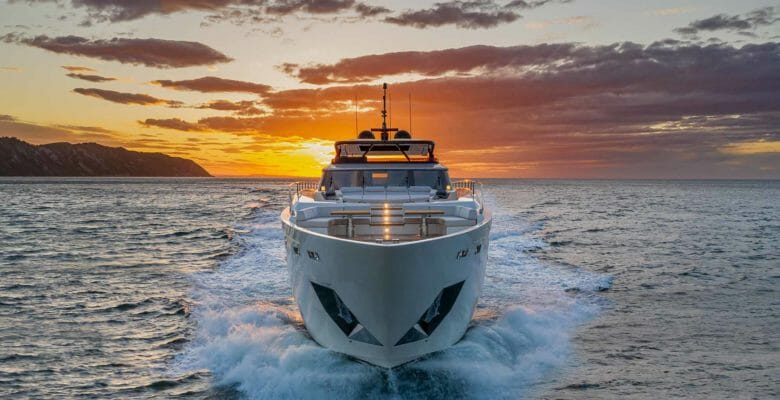


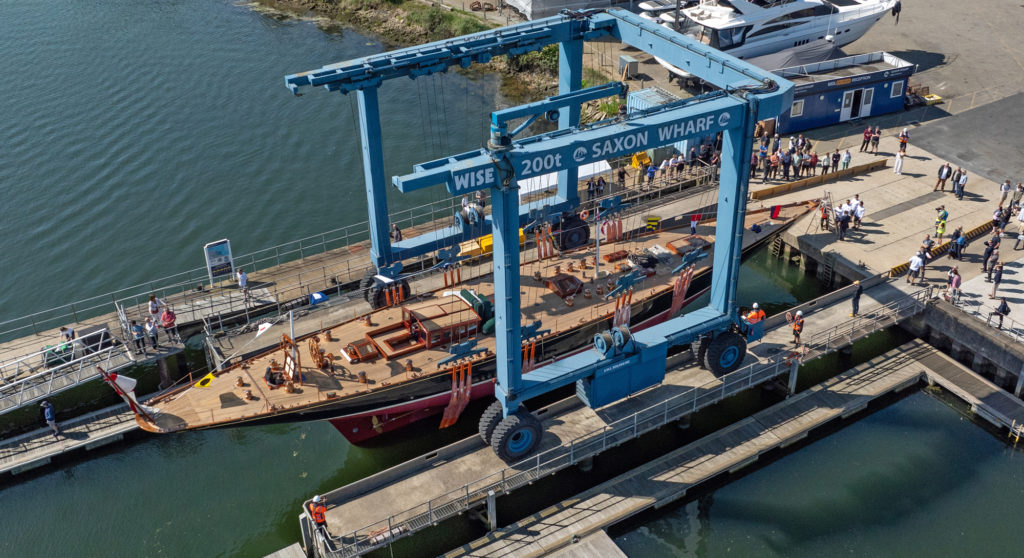
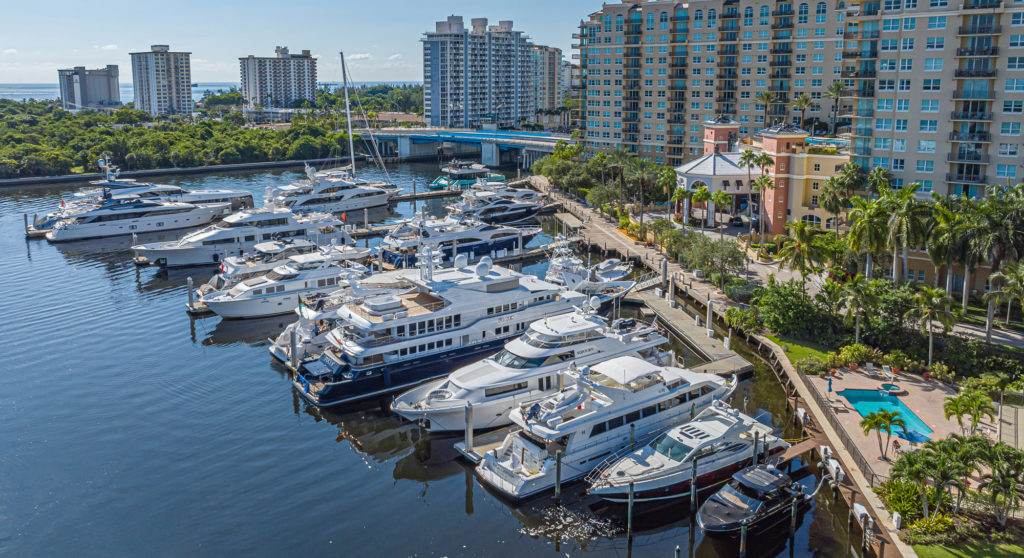
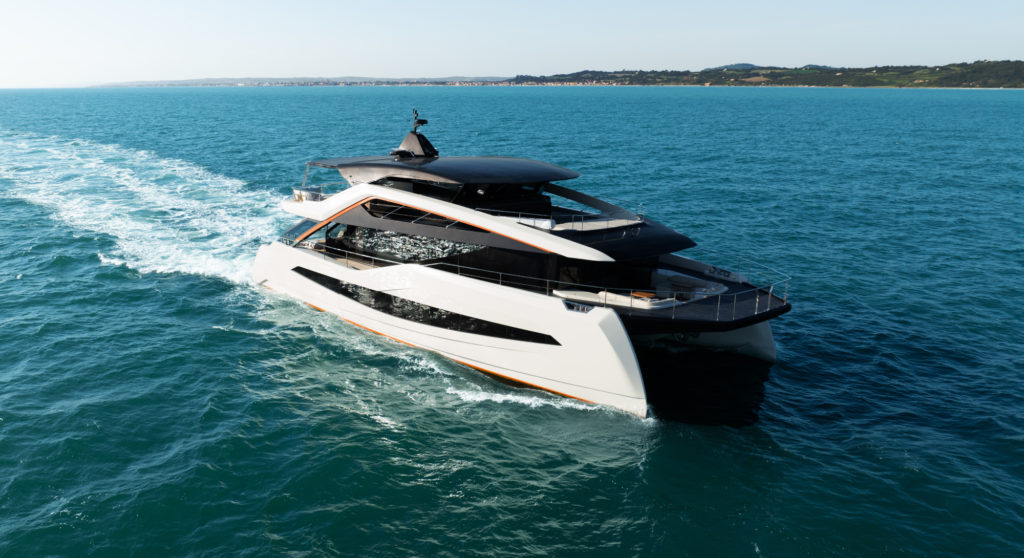
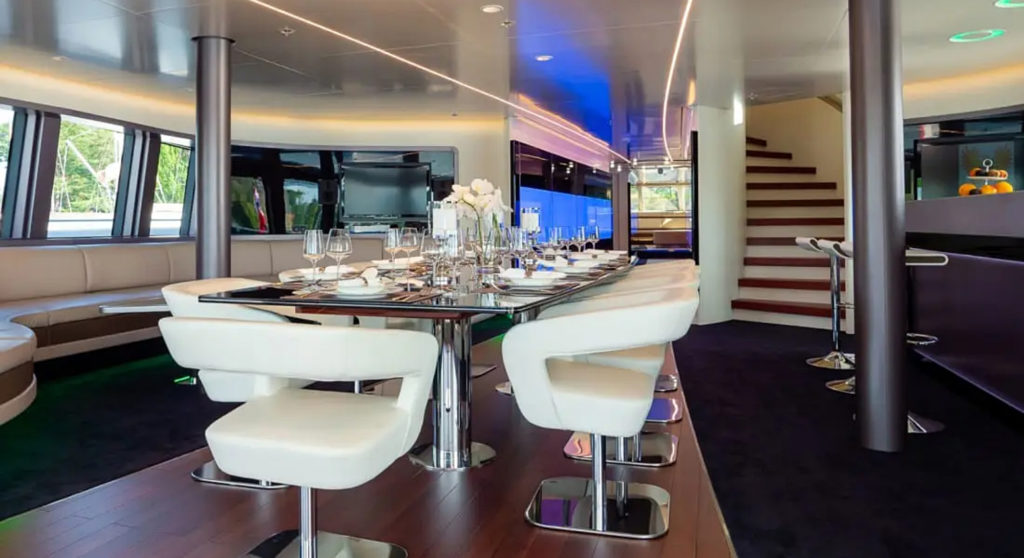
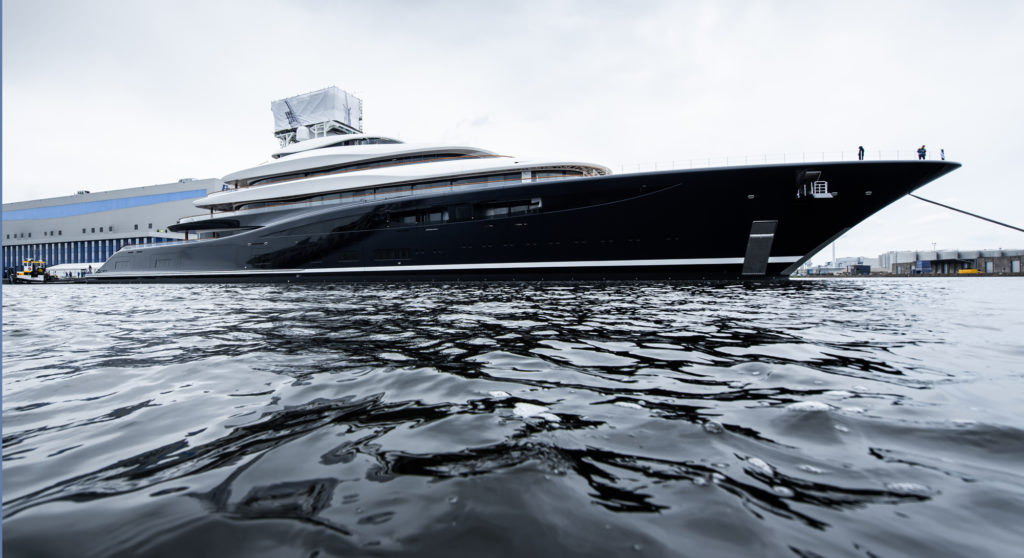
Leave a Reply